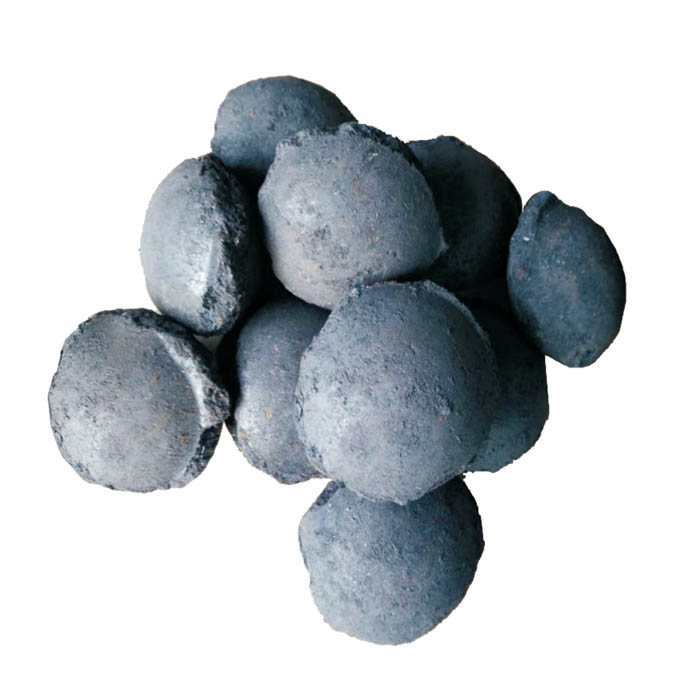Oct . 06, 2024 10:13 Back to list
iron powder metallurgy factories
The Role of Iron Powder Metallurgy Factories in Modern Industry
Iron powder metallurgy is a specialized field that has gained considerable traction in the manufacturing industry over recent decades. The process of creating iron powder through various methods allows for the production of high-quality components used in diverse applications. Iron powder metallurgy factories play a crucial role in producing these materials, which are essential in sectors ranging from automotive to aerospace. This article explores the significance, processes, and future of iron powder metallurgy factories in today's economy.
The Importance of Iron Powder
Iron powder is renowned for its versatility and performance attributes. It can be compacted and sintered to create complex geometries that would be difficult to achieve through traditional machining methods. This capability is particularly advantageous for manufacturing components such as gears, bearings, and various structural parts. The ability to precisely control material properties, along with reduced wastage, makes iron powder metallurgy an attractive option for manufacturers looking to optimize their production processes.
Manufacturing Processes in Iron Powder Metallurgy
Iron powder metallurgy involves several key processes that transform iron ore or scrap metal into usable powder. The commonly used methods include
1. Atomization This method involves melting iron and then atomizing it into fine particles using high-pressure gas or water. This process results in spherical particles that are ideal for compacting.
2. Reduction In the reduction process, iron ore is chemically reduced to produce iron powder, often using hydrogen or carbon. This method can yield high-purity powders suitable for various applications.
3. Mechanical Milling This technique modifies the properties of coarse iron particles by grinding them into fine powders. Mechanical milling can produce various particle sizes and morphologies, enabling tailor-made powders for specific applications.
These processes vary in terms of cost, scalability, and the characteristics of the final product. Factory operators must choose the most suitable method based on the requirements of their target market and the desired properties of the iron powder.
Applications of Iron Powder
Iron powder produced in these factories finds numerous applications in multiple industries. Some of the most significant sectors include
iron powder metallurgy factories

- Automotive Iron powder is extensively used to manufacture engine components, gears, and other critical parts that demand high precision and reliability. The automotive industry benefits from the lightweight and high-strength properties of sintered components.
- Aerospace In aerospace applications, the need for lightweight and durable materials is paramount
. Iron powder metallurgy provides parts that are not only lightweight but also capable of withstanding extreme conditions.- Electronics Iron powder is used in magnetic components, such as inductors and transformers, where its magnetic properties are essential for efficient performance.
- Tools and Hardware Iron powder is often used to produce high-performance cutting tools, drill bits, and other hardware products that require durability and sharpness.
Advances and Challenges
The field of iron powder metallurgy is continuously evolving, with advancements in technology enhancing production methods and product quality. Innovations such as additive manufacturing and advanced sintering techniques are pushing the boundaries of what can be achieved with iron powder. However, iron powder metallurgy factories also face several challenges, including
- Environmental Concerns The production and use of iron powder can have environmental impacts. Factories must adopt sustainable practices to minimize their carbon footprint and comply with increasingly strict regulations.
- Quality Control Ensuring consistent quality in iron powder production is essential for meeting industry standards. Factories must invest in quality control measures to monitor particle size, purity, and performance characteristics.
- Market Competition As more players enter the field of powder metallurgy, established factories must find ways to differentiate their products and maintain competitive advantages.
Future Outlook
The future of iron powder metallurgy factories appears promising, driven by booming demand in various industries and advancements in technology. Increased investment in research and development will likely lead to enhanced production techniques and the use of alternative materials that can complement or replace traditional iron powder. Moreover, as industries continue to emphasize sustainability, the adaptation of more eco-friendly practices will become critical for these factories.
In conclusion, iron powder metallurgy factories are essential components of the modern manufacturing landscape. By producing high-quality iron powder and innovating production processes, they contribute significantly to various industries, fulfilling the evolving needs of a fast-paced market. As challenges arise, the industry remains poised for growth, ensuring that iron powder metallurgy continues to play a pivotal role in the future of manufacturing.
-
Fe-C Composite Pellets for BOF: Enhance Steelmaking Efficiency
NewsAug.07,2025
-
Eco-Friendly Granule Covering Agent | Dust & Caking Control
NewsAug.06,2025
-
Fe-C Composite Pellets for BOF: High-Efficiency & Cost-Saving
NewsAug.05,2025
-
Premium Tundish Covering Agents Exporters | High Purity
NewsAug.04,2025
-
Fe-C Composite Pellets for BOF | Efficient & Economical
NewsAug.03,2025
-
Top Tundish Covering Agent Exporters | Premium Quality Solutions
NewsAug.02,2025
